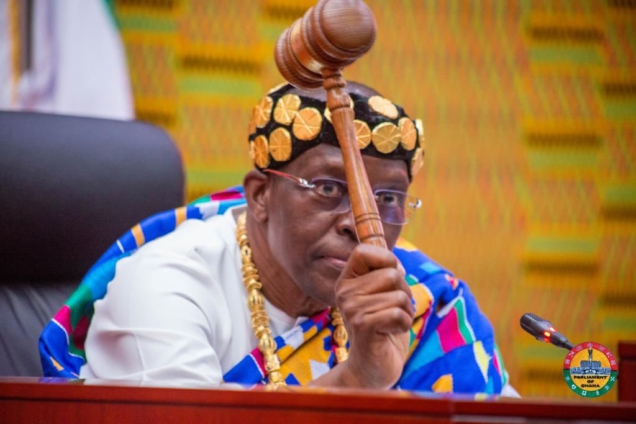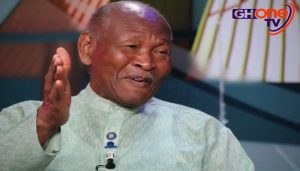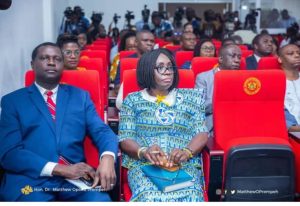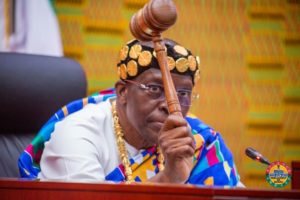The Speaker of Parliament, Alban Bagbin, has expressed doubts about the effectiveness of the act establishing the Office of the Special Prosecutor (OSP).
He argued that the OSP’s authority overlaps significantly with that of the Attorney General, potentially leading to redundancy and inefficiencies.
“As for the law you passed on the establishment of the Special Prosecutor, I did tell you that it was an act in futility. You were not going to achieve anything from that but you went ahead to pass it. I disagreed with you but I was alone,” the Speaker said in Parliament on Tuesday, adding “Because I was very clear that, that authority is embedded in the powers of the Attorney General constitutionally.
Bagbin’s comments come amidst ongoing debate about the OSP’s performance and mandate.
The Special Prosecutor, Kissi Agyebeng, on Wednesday, November 29, accused the judiciary of exhibiting some disregard for his office’s powers with what he sees as hasty dismissiveness of its cases.
Speaking at a press conference held in Accra, Mr Agyebeng described the trend as troubling and inimical to the fight against corruption.
He further rubbished arguments made by the court that the OSP breached the law in the handling of these cases.
“We do not force feed cases, we do not force feed our prosecutions. We believe that it is not a matter of us going beyond our mandate but rather a case of hasty dismissiveness and lack of regard because if you take the four cases I tabled out over a period spanning from July 2022 to Monday, there is a troubling trend. In one of the cases, I said a judge injuncted us from arresting a person. Mind you, we were not in court.”
“We had declared the person wanted as a fugitive from justice, there was no enquiry as to why we believed that the person was a fugitive from justice so it is not as if we breached the law. No one asked us why we declared the person wanted. Then we were served with an injunction order that we cannot arrest the person meanwhile we know that in our law no one has the right not to be arrested. You cannot say you are granting a person a right not to be arrested,” he said.






